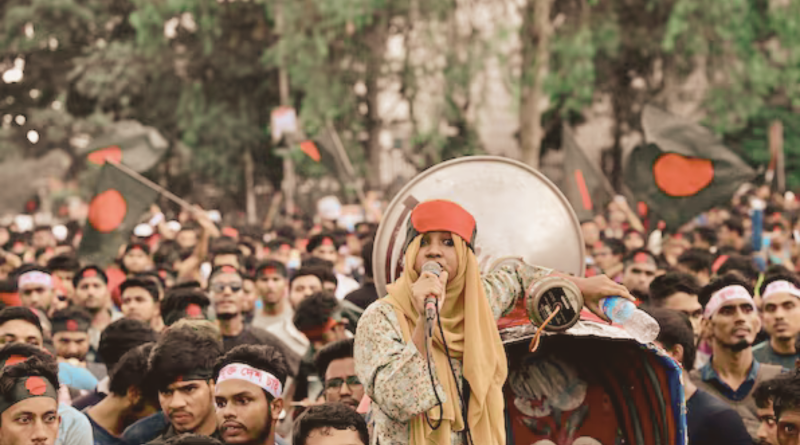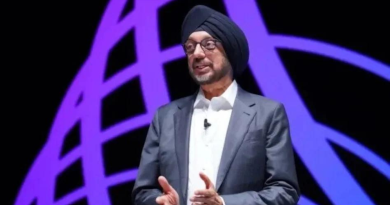Bangladeshi Student’s protests constricts: here’s why they were up against Sheikh Hasina’s Government
The student protests in Bangladesh erupted following a June 5 ruling by the Bangladesh High Court, which reinstated a 30% job quota for descendants of those who participated in the 1971 liberation movement
The student protests in Bangladesh erupted following a June 5 ruling by the Bangladesh High Court, which reinstated a 30% job quota for descendants of those who participated in the 1971 liberation movement. This ruling has been controversial, as government jobs in Bangladesh are highly competitive, with nearly 400,000 graduates vying for about 3,000 positions annually. The protests, ongoing for almost three weeks, have resulted in the deaths of six people and injuries to hundreds. The students demand the abolition of quotas in government jobs, calling for a nationwide shutdown. The quota system had been previously repealed in 2018 after widespread agitation by students and teachers. The reinstatement of the quota has led to violent clashes between anti-quota demonstrators and members of the student wing of Prime Minister Sheikh Hasina’s Awami League party. Police have used rubber bullets, sound grenades, and tear gas to disperse the protesters. Before its repeal, 56% of government jobs were reserved for various categories: 30% for families of 1971 liberation war veterans, 10% each for women and people from underdeveloped districts, 5% for tribal communities, and 1% for persons with disabilities.
The quota for freedom fighters’ descendants has faced criticism, perceived as favoring those loyal to Hasina’s party. Issues such as special examinations for quota candidates, different age limits for each category, and unfilled quota vacancies, while merit list candidates remained unemployed, have fueled discontent. Prime Minister Hasina defended the quotas, questioning whether the descendants of freedom fighters lacked talent compared to others. The term “razakars” has been used by the Awami League to describe its critics, evoking collaborators during the liberation war. These protests mark the first significant challenge to Hasina’s government since her fourth consecutive term began in January. She condemned the loss of lives and urged patience until the Supreme Court’s verdict. Meanwhile, widespread frustration is evident in anti-quota agitation, with cultural expressions like artworks, memes, rap songs, and slogans criticizing Hasina as a dictator gaining traction on social media. In response, the Bangladesh government plans to talk with the protesting students, as Law Minister Anisul Haq confirmed.




